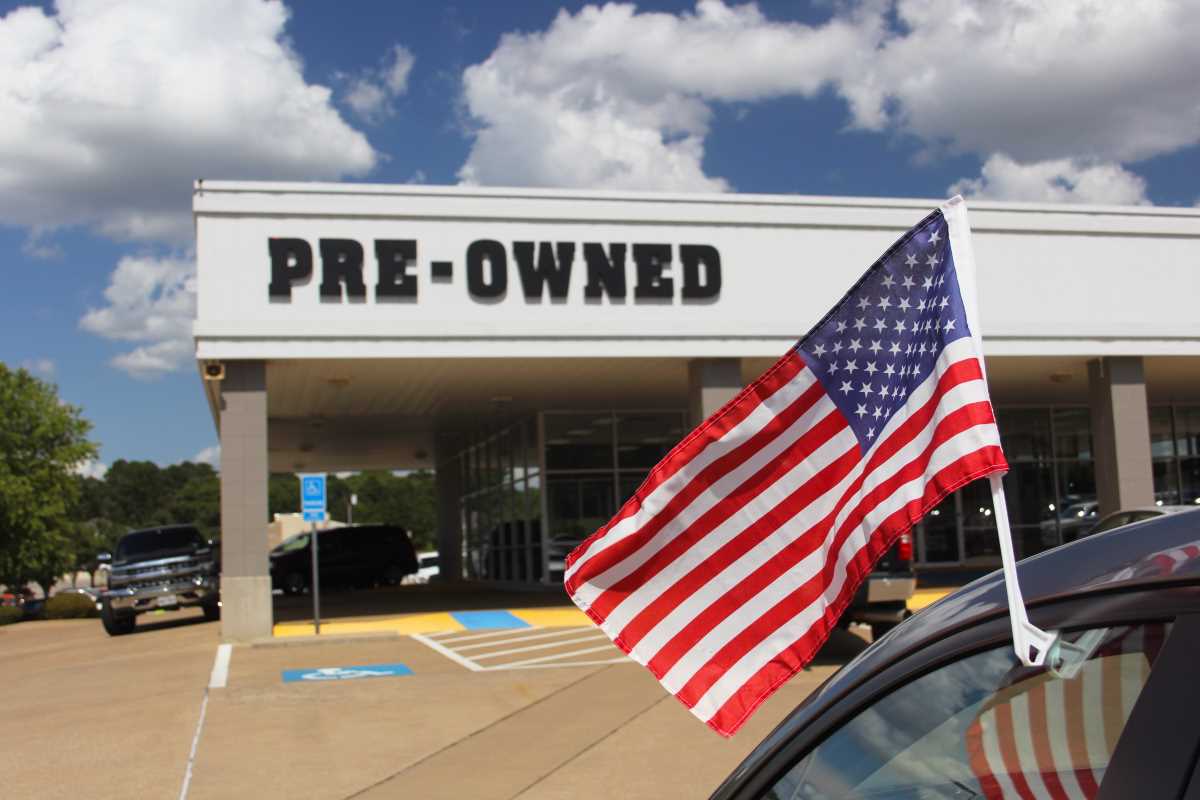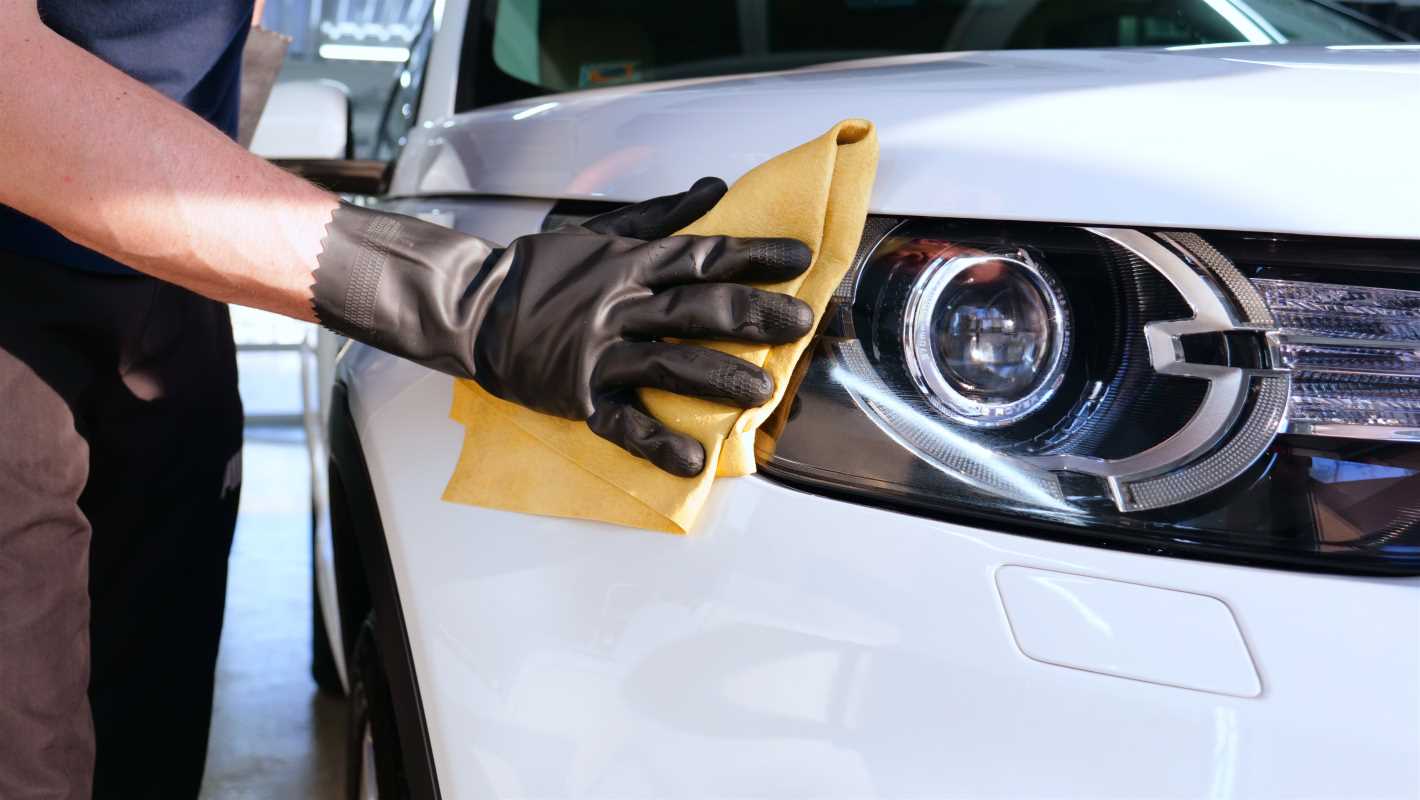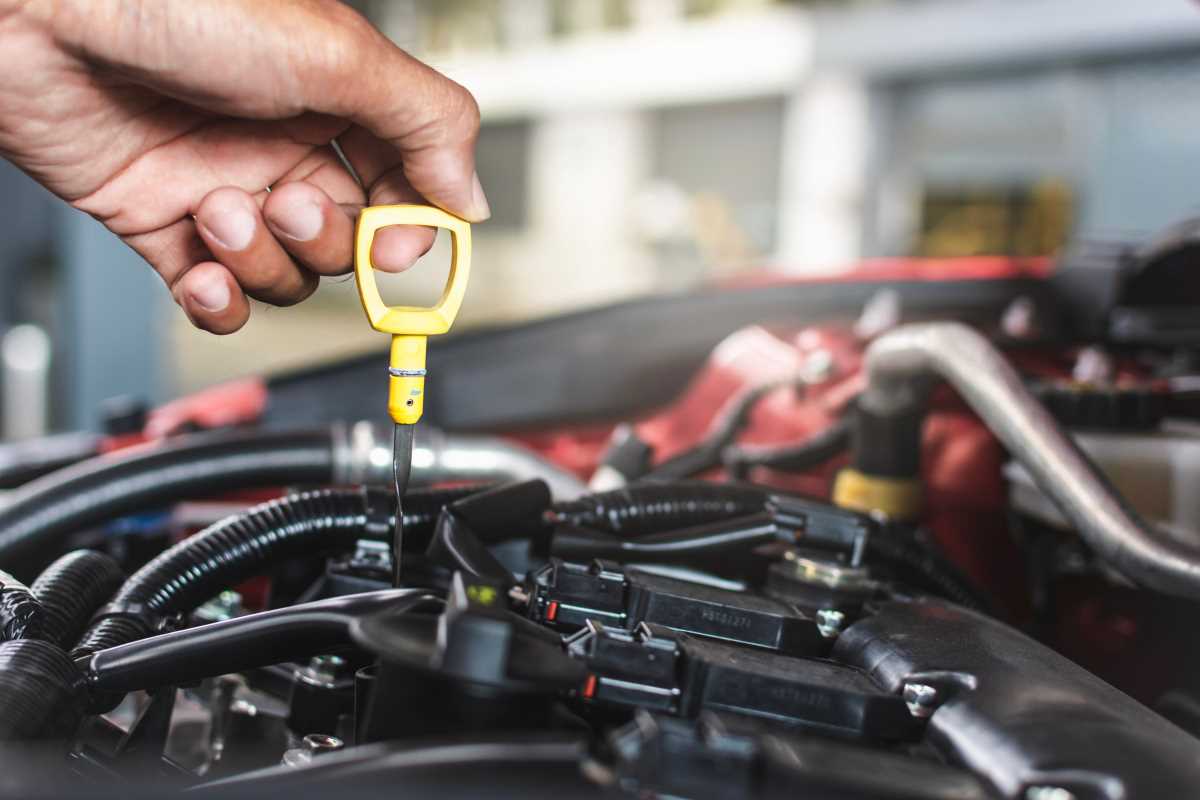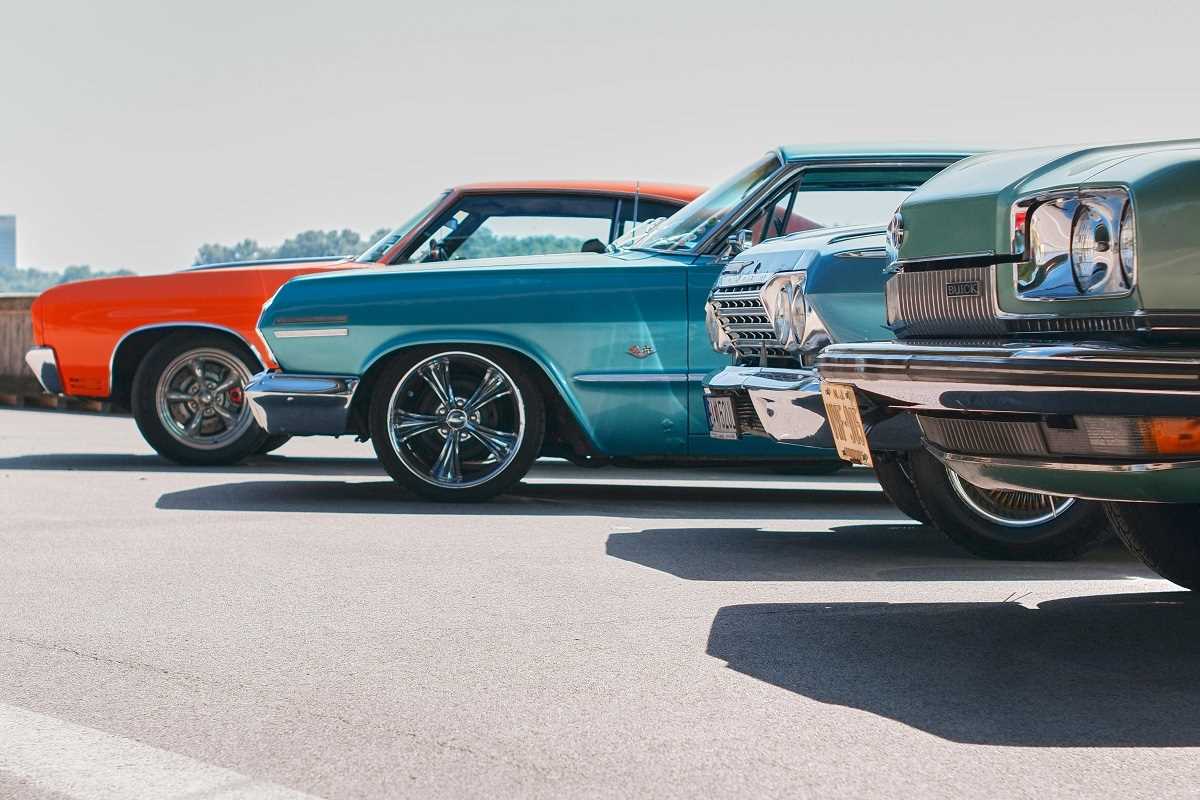Buying a used car can be an exciting and, yes, slightly nerve-wracking experience. On one hand, it’s your chance to snag a great set of wheels without the steep depreciation of a brand-new vehicle. On the other hand, you want to be sure you’re not taking home someone else’s problem on four tires. The best way to protect yourself and make a confident decision is simple: ask the right questions. Whether you’re shopping at a dealership or dealing with a private seller, being prepared with key questions can save you money, reveal potential red flags, and help you drive away happy. Here’s what you need to ask before signing on the dotted line.
What’s the Vehicle’s History?
Understanding the car’s backstory is crucial for uncovering any hidden issues. Start by asking how many owners the vehicle has had. A single-owner vehicle is often better maintained, but knowing the history of multiple owners can help you spot patterns, like frequent repairs or accidents.
Next, ask about accidents. Has the car been involved in any collisions? If it has, inquire about the extent of the damage and the quality of the repairs. Some repairs might be purely cosmetic, while others could impact the car’s structural integrity or safety. For added peace of mind, a vehicle history report through services like Carfax or AutoCheck can give you the full scoop on things like reported accidents, mileage, title status, and recalls.
Make sure to check for service records, too. A well-documented maintenance history usually means the previous owner was diligent about taking care of the car. Look for regular oil changes, tire rotations, and major repairs being addressed on time. If the seller can’t provide this information, it might be a sign to proceed with caution.
Why Are They Selling the Car?
This might seem like a simple question, but it can reveal a lot about the seller’s situation and the car itself. If the seller is upgrading to a new model, downsizing, or getting rid of a second vehicle, their motivation could be harmless and straightforward. On the other hand, if they’re vague, hesitant, or overly defensive about the reason for selling, it might warrant a closer inspection of the vehicle.
For private sellers, find out how long they’ve owned the car. If they’ve had it for only a short time, dig deeper into why. Did they encounter recurring problems? Are they flipping cars for a quick profit? A reliable, long-term owner is more likely to provide honest answers and a well-maintained vehicle.
What’s the Current Condition of the Car?
Physical condition is a big indicator of how a car has been cared for over its lifetime. Directly ask about the overall condition, and be specific. Are there any dents, scratches, or rust spots visible on the exterior? If these defects exist, it’s fair to ask how they happened and whether they’ve been repaired.
Move to the tires next. Be sure to ask about their age and condition, as tires can be an expensive out-of-pocket cost if they need replacing soon. Uneven tread wear might also signal alignment issues. Inside the car, ask about any damage to the upholstery, electronics, or dashboard. A seller who’s taken good care of the car will likely have fewer issues to report.
This is also the time to get some clarity on engine performance and mechanics. Ask if the car currently has any warning lights on the dashboard or if it’s had trouble starting, braking, or accelerating smoothly. While you should still follow up with an expert mechanic’s inspection, direct answers from the seller give you an idea of what to expect before handing over your money.
Has the Car Ever Been Modified or Repaired?
Cars that’ve been significantly modified may not function as smoothly as they would with factory parts. Ask if any aftermarket parts or customizations have been added. While modifications like upgraded speakers or cosmetic add-ons might not be a concern, changes to the engine, suspension, or transmission could impact performance or longevity.
Repairs are another big-ticket topic. If prior repairs have been made, ask for specific details. For example, was the car repaired after an accident, and were new or used parts installed? For larger repairs, it’s important to confirm they were done by a certified professional.
Does the Car Have Any Warranties Still in Place?
A used car with an active warranty is always a bonus. Ask the seller if the car is still covered under the manufacturer’s warranty or, in the case of certified pre-owned vehicles, a dealership-backed warranty. Warranties can provide coverage for unexpected repairs, saving you from surprise costs down the road.
If there’s no warranty, this doesn’t necessarily mean the car is a bad deal. However, knowing this upfront will help you budget more wisely for potential repairs in the future.
Can I Take It for a Test Drive?
A test drive is nonnegotiable when buying a used car. Make sure to ask if you can take the car for a spin, as this is your chance to see how it performs in real-world conditions. During the drive, pay close attention to how the car accelerates, brakes, and handles. Does the steering feel smooth and responsive? Are there any unusual noises or vibrations?
Try driving on different types of roads, including highways, residential streets, and bumpy terrain if possible. This will give you a well-rounded impression of how the car behaves in various settings. If a seller is hesitant or unwilling to allow a test drive, that’s a major red flag.
Will You Allow a Pre-Purchase Inspection?
Unless you’re a trained mechanic, it’s nearly impossible to catch every potential issue with a used car just by taking a look. That’s where a pre-purchase inspection comes in. Ask the seller if they’re okay with you hiring an independent mechanic to inspect the car. Most trustworthy sellers will agree to this step, as it shows they’re confident in the vehicle’s condition.
The inspection will evaluate everything from the engine and transmission to the brakes, suspension, and tires. While there’s usually a fee involved, the cost is well worth it to uncover hidden problems that could cost you more in the long run.
What’s the Asking Price, and Is It Negotiable?
Finally, the big question comes down to price. Ask the seller how they arrived at their asking price and whether they’re open to negotiation. If you’ve done your research, you’ll have a clear idea of whether the car is priced fairly based on market value, mileage, condition, and features.
When negotiating, don’t be afraid to bring up any concerns you’ve uncovered during your research, inspection, or test drive. Highlighting these points can help you make a case for a lower price while remaining respectful and polite.
By having these questions in your back pocket, you’re not only equipped to make smarter, more confident decisions, but you’ll also keep sellers on their toes. Buying a used car doesn’t have to be a gamble when you approach it with curiosity and care. The right questions can save you time, money, and potential headaches, helping you drive off with a deal you feel genuinely good about.
 (Image via
(Image via





